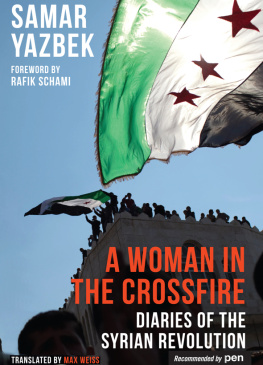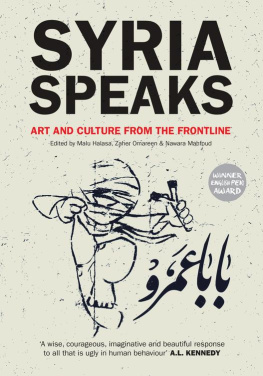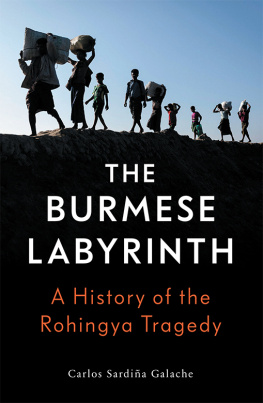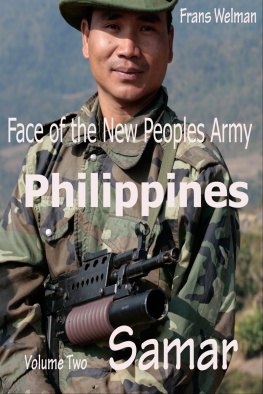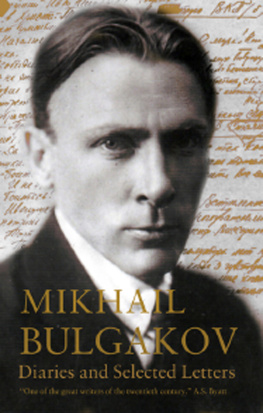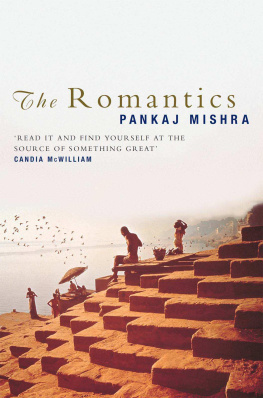First published in 2012 by
Haus Publishing Ltd
70 Cadogan Place
London SW1X 9AH
www.hauspublishing.com
Copyright 2011 by Samar Yazbek
Published by arrangement with Raya Agency
Translation copyright Max Weiss, 2012
Foreword copyright Rafik Schami, 2012
Cover photo Press Association Images
The moral right of the author has been asserted
A CIP catalogue record for this book is available from the British Library
ebook ISBN 978-1-908323-14-9
This book has been selected to receive financial assistance from English PENs Writers in Translation programme supported by Bloomberg. English PEN exists to promote literature and its understanding, uphold writers freedoms around the world, campaign against the persecution and imprisonment of writers for stating their views, and promote the friendly co-operation of writers and free exchange of ideas.
All rights reserved.
FOREWORD
by Rafik Schami
Sometimes reality is more fantastic than a story created by the imagination could hope to be. A talented documentary filmmaker can, with the help of a good cameraman, turn an occurrence into an outstanding film, which surpasses any movie. To make a non-fiction account sound poetic yet real is much harder, since the author only has words as creative tools. Few have this gift. Samar Yazbek is one of them.
For one hundred days, the Syrian writer and filmmaker documented the revolution in her country up close and personal. Not only that: she actively took part in it. And whenever the situation allowed it she wrote down what she had experienced in the hours and days before, what she felt and thought; all in impressive, powerful language. Powerful because despite the brutal murders, all the dead and dying around her, despite the fear for her own safety and that of her daughter, the tears and the interrogations by the security forces, she writes poetically. It is this poetic phrasing, which allows readers to truly experience the intifada in the company of Samar Yazbek, without feeling crushed by it, or struggling to breathe.
As mentioned, Samar Yazbek was an active witness. And while she was risking her life, she helped wounded demonstrators and comforted children whose parents had been detained. But even more impressive than her courage was her attitude towards her clan, the Alawites, Syrias ruling minority. It is the stand she took against them that endangered her life. In her hometown she was branded a traitor the green light for the regimess murderous thugs, known as the shabbiha, to go after her. The shabbiha are killers, criminals, mercenaries who do the regimes dirty work for little pay. They kill without batting an eyelid. Samar Yazbek had to proceed with utmost caution; she knew every step she took in the street could have been her last.
Where does this extraordinary woman find the courage to abandon all the securities of a well-to-do Alawite family and to declare her solidarity with Syrias oppressed? The disappointment of her family is palpable on every page. Samar Yazbek was born into a respected Alawite family in Jableh in 1970, the very year that Assads father toppled his own associates in a coup and established an unprecedented dictatorship based on clan and religious affiliation. Syria, once a lively and vibrant country, was turned into a kind of Assad family farm. Samar Yazbek, in other words, belongs to a generation that has known no system other than the current one. She wrote short stories and TV screenplays (even for the state TV station) and produced documentaries and she became famous for her novels, in which she crosses boundaries and ignores rules; writing about forbidden love, corrupt politicians and the claustrophobia and hypocrisy of living within her clan. Syrias professional moral guardians did not hold back their criticism of her books. But she was privileged and hence not punished.
Samar Yazbek is a feminist and cultural activist. Her family, and the connections they afforded her, allowed her a degree of freedom not enjoyed by others but she was not blinded by it. Long before the outbreak of the revolution on 15 March 2011, she acted with great courage. Her sensitive solidarity with the weak and disenfranchised in Syria led to a direct confrontation with Assad. Samar Yazbek quickly joined the protest movement.
The Assad regime was happy to overlook an author illicitly inserting erotic passages into her novels; the ruling clan were never overtly religious. When the Alawite President prayed in the Umayyad Mosque, the Great Mosque of Damascus, with the Sunni Mufti, it was nothing more than hypocrisy. No Alawite bought that show, as the Umayyahs were deadly enemies of Ali, the Prophet Muhammads son-in-law, from whom the Alawites derive their name. The situation became much more serious when the intellectuals began to take action. The regime was being directly threatened, and if these intellectuals belong to the Alawite minority, they are doubly threatening; the criticism is coming from within. When an Alawite professes their opposition to the regime rather than declaring their loyalty, they can expect to be more severely punished. Samar Yazbek lost all her privileges and was branded a traitor.
To properly appreciate Samar Yazbeks position one has to look more closely at the Syrian dictatorship. The Assad clan keeps twenty million Syrians locked-up and its head, Bashar al-Assad, is himself is a prisoner of his own system. He lies when he speaks of reforms; not for fun, mind you, but because he cannot do anything else. Because the first step on the road to reform would require the disbandment of all fifteen secret service divisions, the release of 100,000 political prisoners and the punishment of the murderers of over 4,000 innocent people. Until that happens it is absurd to talk about raising wages and improvements to the health service. But the dissolution of the secret service would mean the immediate toppling of the regime.
Assad has promised several times to withdraw the army and their snipers from towns and cities. Aware that an hour after this command was given these towns and cities would be controlled by revolutionaries, he did not keep his word. That is why there are no fewer tanks, and the snipers are still in position. He had eleven years to instigate reform, but the injustice created by his father has not changed a single iota. How can he now implement reforms in a matter of weeks? Impossible!
Arab dictators believe they are born heroes. They worship and glorify their mother and father for bringing them into the world. They believe themselves destined to rule forever. And when they die, even if from illness, as was the case with Assads father, or in a car crash, as with his brother, Bassel, they die as saints.
Assad, Saddam Hussein, Gaddafi and the Yemeni Ali Saleh all overcame the abject poverty of their childhoods and poor education. They made a pact with the Devil to come to power. They destroyed the state and in its place built something which, viewed from a distance, looked remarkably similar: a Mafia-like network of power, which allowed them to subdue their countrymen. All positions of power were assigned to brothers, cousins, brothers-in-law or sons-in-law. If the clan was not numerous enough, friendly clans, neighbours or childhood friends were roped-in. This is how these corrupt pyramids of power were built, layer upon layer. At the very bottom are the people. The longer such a regime remains in power, the heavier the burden of oppression on the people becomes, the better equipped it is to resist attack. The Assad regimes bloody rule has lasted for 40 years the first generation is now old and grey and has been succeeded by second and third generations of the clan.

